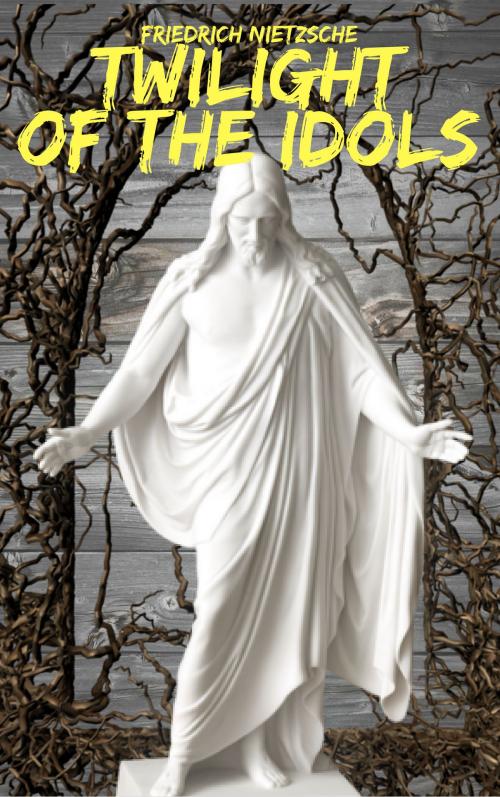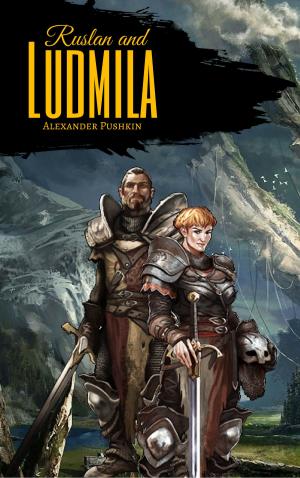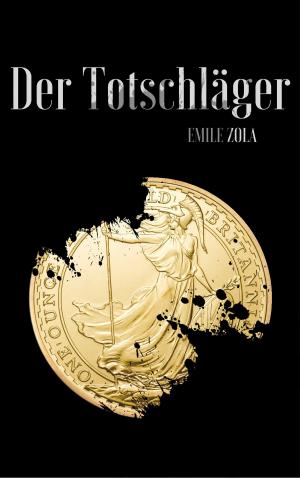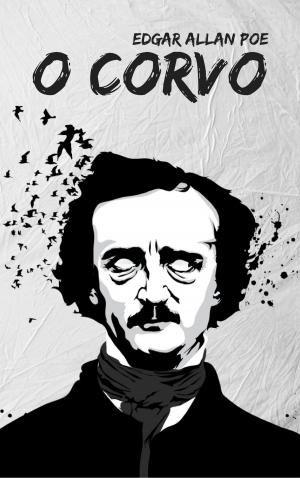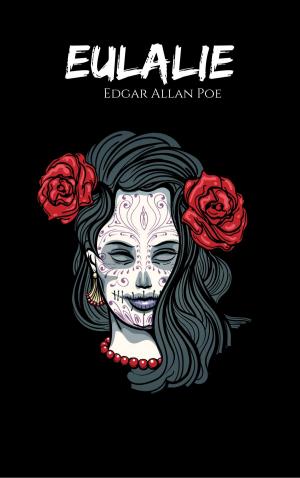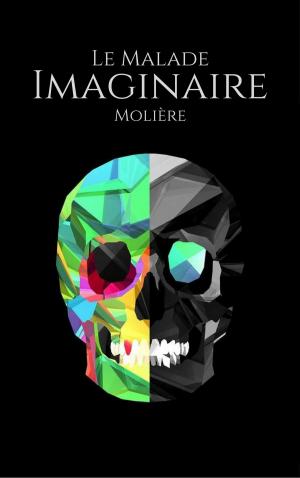| Author: | Friedrich Nietzsche | ISBN: | 1230001800234 |
| Publisher: | EnvikaBook | Publication: | August 15, 2017 |
| Imprint: | Language: | English |
| Author: | Friedrich Nietzsche |
| ISBN: | 1230001800234 |
| Publisher: | EnvikaBook |
| Publication: | August 15, 2017 |
| Imprint: | |
| Language: | English |
Twilight of the Idols, or, How to Philosophize with a Hammer (German: Götzen-Dämmerung, oder, Wie man mit dem Hammer philosophirt) is a book by Friedrich Nietzsche, written in 1888, and published in 1889.
Twilight of the Idols was written in just over a week, between 26 August and 3 September 1888, while Nietzsche was on holiday in Sils Maria. As Nietzsche's fame and popularity was spreading both inside and outside Germany, he felt that he needed a text that would serve as a short introduction to his work. Originally titled A Psychologist's Idleness, it was renamed Twilight of the Idols or How to Philosophize with a Hammer.
The former title, Götzen-Dämmerung in German, is a pun on the title of Richard Wagner's opera, Götterdämmerung, or 'Twilight of the Gods'. Götze is a German word for "idol" or "false god". Walter Kaufmann has suggested that in his use of the word Nietzsche might be indebted to Francis Bacon.
Twilight of the Idols, or, How to Philosophize with a Hammer (German: Götzen-Dämmerung, oder, Wie man mit dem Hammer philosophirt) is a book by Friedrich Nietzsche, written in 1888, and published in 1889.
Twilight of the Idols was written in just over a week, between 26 August and 3 September 1888, while Nietzsche was on holiday in Sils Maria. As Nietzsche's fame and popularity was spreading both inside and outside Germany, he felt that he needed a text that would serve as a short introduction to his work. Originally titled A Psychologist's Idleness, it was renamed Twilight of the Idols or How to Philosophize with a Hammer.
The former title, Götzen-Dämmerung in German, is a pun on the title of Richard Wagner's opera, Götterdämmerung, or 'Twilight of the Gods'. Götze is a German word for "idol" or "false god". Walter Kaufmann has suggested that in his use of the word Nietzsche might be indebted to Francis Bacon.
